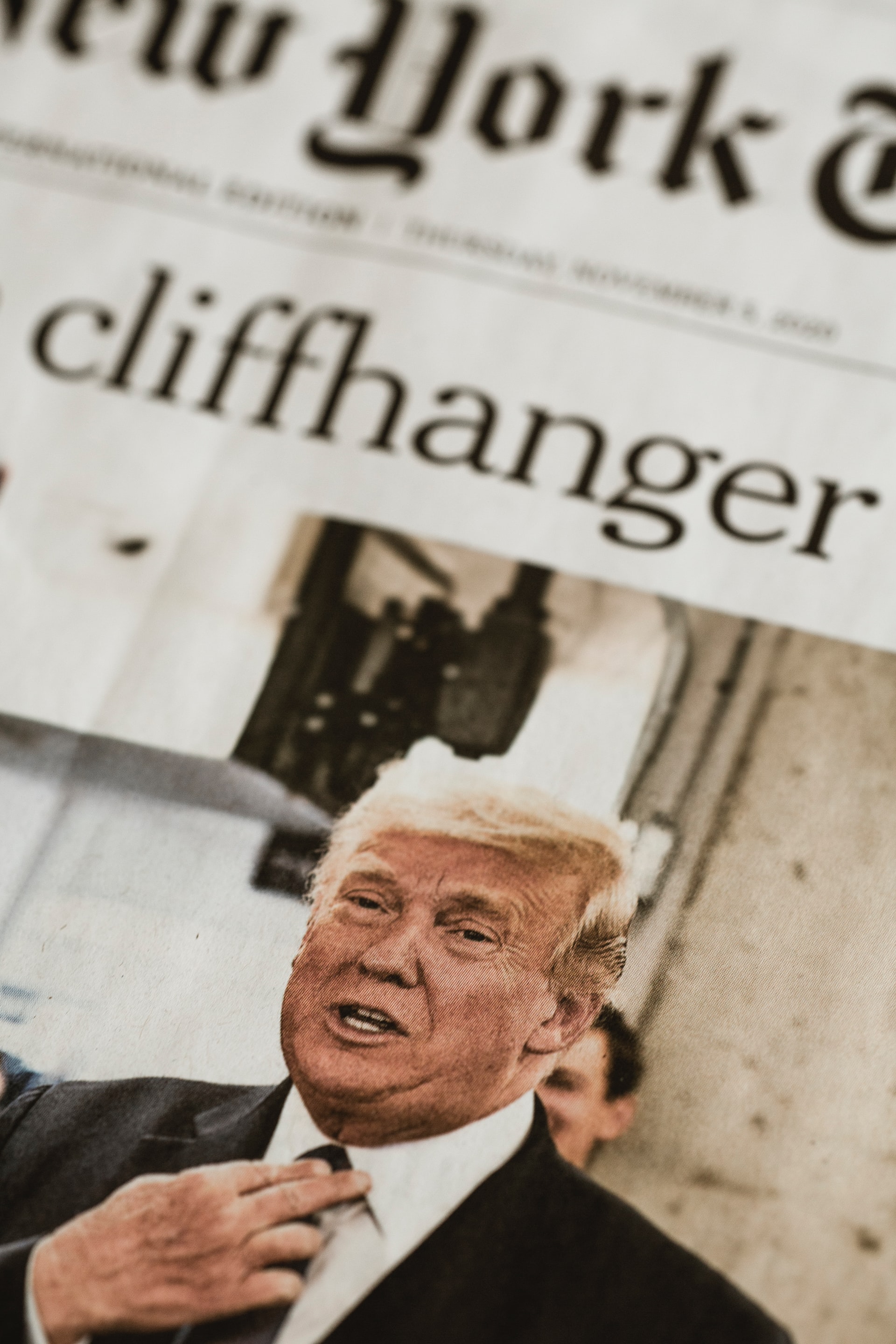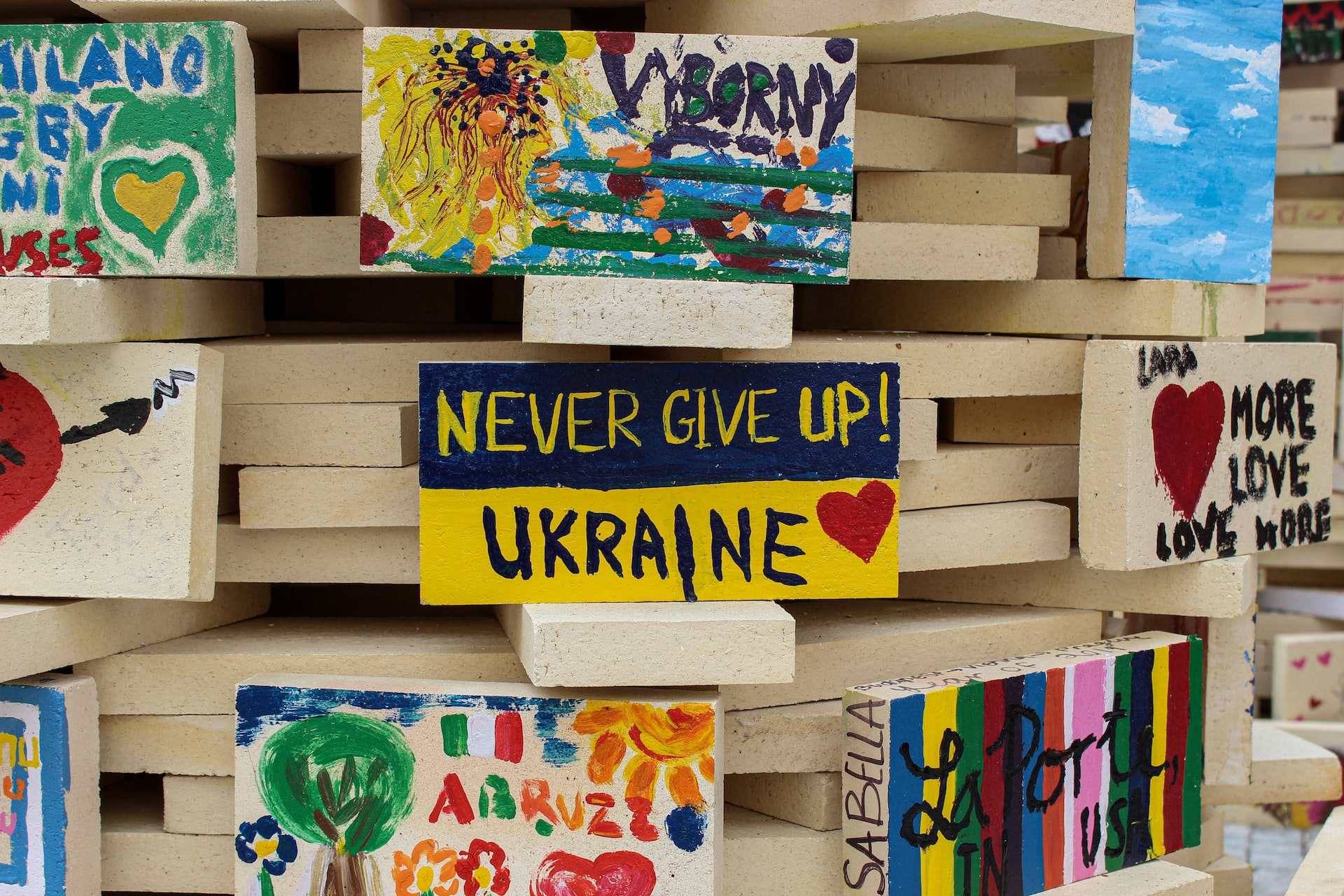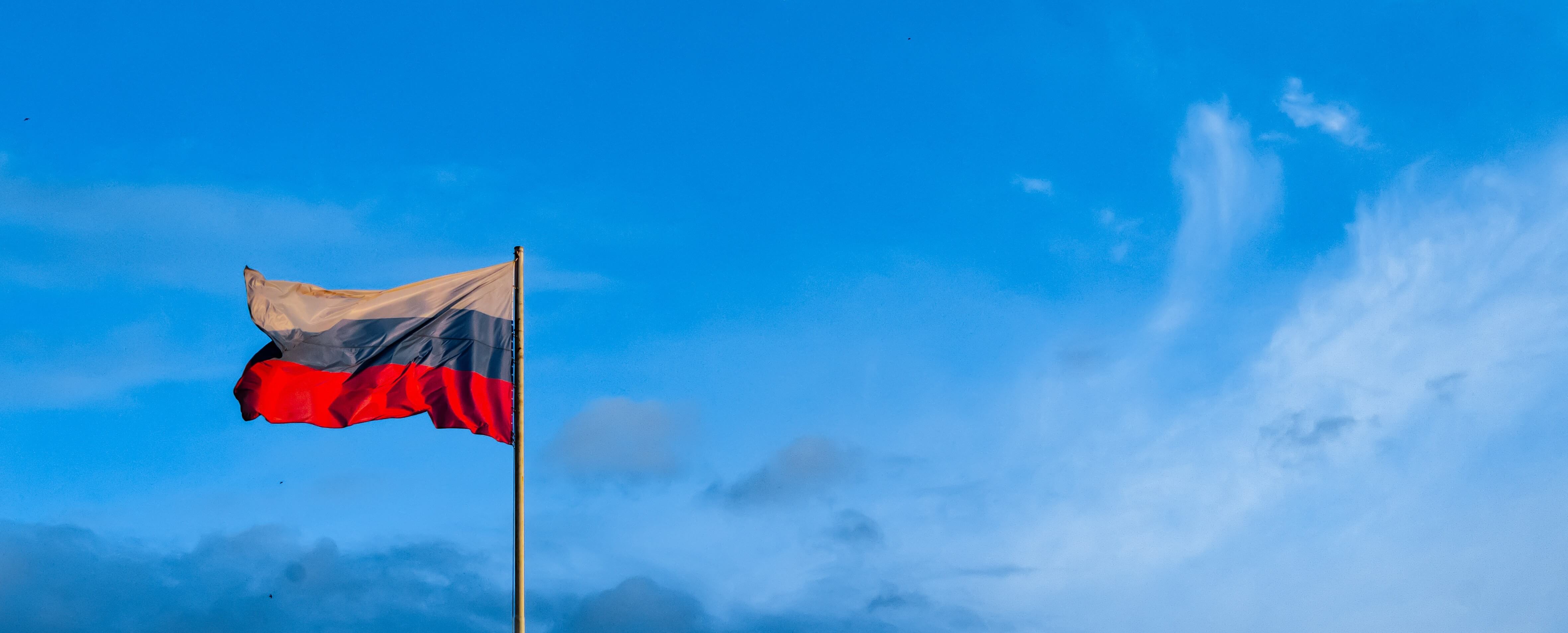Vladimir Putin's recent deadly aggression against Ukraine has put pressure on the international community to decide what measures can be taken to check Russian aggression and to punish Russia's elite, and Putin himself, for their choice of war, which has claimed innocent lives and created yet another humanitarian crisis.
In the past, sanctions have been laid down to punish the most important and richest oligarch and government owned assets and property, but these sanctions have yet to stop Putin's government from committing crimes against the international community, nor stopped him from invading Ukraine's sovereign borders. The answer to stopping the Russian rich and powerful? You have to hit them where it hurts. It means freezing financial assets and seizing their property, and it must be done quickly before there is time to sell, donate, or transfer legal ownership of these high value items including real estate, yachts, cars, private jets, jewelry, and art. Western nations have enacted a number of restrictions, freezes, and seizures, including restricting international airspace to Russian-owned crafts, both private and commercially owned planes, barring specific Russian banks from the SWIFT banking system, and keeping Russian-owned yachts from docking in certain ports. French authorities took a yacht owned by Igor Sechin, chief executive of Russian oil and gas firm Rosneft, former KGB agent and close Putin ally. The 88-metre 'Amore Vero'--or 'true love'--is valued at €108m. The biggest ticket item, which was seized by Hamburg Port authority, is a $600m vessel owned by Russian metal tycoon Alisher Usmanov, The Dilbar, the largest superyacht ever built at 156m long. A villa in Golfo del Pevero, on the island of Sardinia, also belonging to Usmanov, worth approximately $19 million, was seized by Italian authorities. Britain has impounded a Bombardier BD700-1A10 private jet, most likely belonging to Evgeny Shvidler, a Soviet-born billionaire oil businessman and a close associate of Roman Abramovich.
The West’s first round of sanctions and seizures has dealt a very real blow to the luxurious lifestyles of Russia's elite. Sanctions by nature take time and, in the meantime, Russia's ultra-wealthy tycoons are expected to redouble their efforts to shield their wealth from seizure. Roman Abramovich put Chelsea Football Club up for sale this week after 19 years as owner, but was blocked from selling the team when the UK announced its own asset freeze and sanctions. He is also reported to be seeking quick buyers for his £100m-plus home in Kensington Palace Gardens—a road known as "billionaires' row."
In recent days [and weeks], the United States and its key partners and global allies have imposed unprecedented economic pressure on not just the Kremlin’s closest cronies, but also those who have participated in the spread of disinformation, carried out political repression using their official positions, as well as propagandists and other accomplices and beneficiaries, such as prominent judges, lawyers, and journalists, who have participated in the agenda of the Russian State and Mr. Putin’s United Russia Party.
As tensions with Russia continue to escalate, the risk of conducting business with the growing list of sanctioned entities increases dramatically. Just this week Ukrainian President Zelensky, in his address to US and Canadian congresses, urged companies to discontinue conducting business in or with Russia. Naming food industry giants Nestlé SA, Mondelez International Inc., and Unilever PLC; financial firms Raiffeisen Bank International AG of Austria and French lender Société Générale SA; Samsung Electronics Co. and LG Electronics Co.; pharmaceutical companies Sanofi SA and Johnson & Johnson; along with chemicals giant BASF SE and Bayer AG, the agricultural and drugs supplier.
While individual nations, and the international community as a whole, are imposing sanctions on these individuals, it is extremely difficult to adequately know just exactly what and how much these wealthy Russian tycoons own. There are many corporate vehicles to launder money and an ever-evolving array of high value items for ultra-wealthy Russians to store their wealth in. The Financial Crimes Enforcement Network (FinCEN) has issued a second alert on the importance of identifying and quickly reporting suspicious transactions involving real estate, luxury goods, and other high-value assets of sanctioned Russian elites and their family members and those through which they act (collectively, “sanctioned Russian elites and their proxies”). This alert provides select red flags to assist financial institutions in identifying suspicious transactions indicative potential sanctions evasion which include:
For financial institutions, fintechs, and multinational corporations who are looking for data-driven approaches to assess their exposure to entities with potential connections to the Russian government, oligarchs and locations of Russian control, Sigma’s advanced technology and risk intelligence database, with over 10 billion data points on over 900 million companies and people, is the go-to source for reliable and up-to-date information on global risk. Specifically, for Russia and its complex network of oligarchs, Sigma continues to provide valuable insights that evolve with the changing financial landscape and evolving sanctions lists. We have also included our recently-released Oligarch and associated company data.

This week, the outgoing U.S. administration has continued its “aggressive use of sanctions” with a flurry of designations in its final days. In...

Russia’s invasion of Ukraine has abruptly transformed the world. In response, an increasing number of severe sanctions have been imposed against...

This month, a new study from the Yale School of Management, which has been monitoring approximately 1,300 companies that do business in Russia, found...
